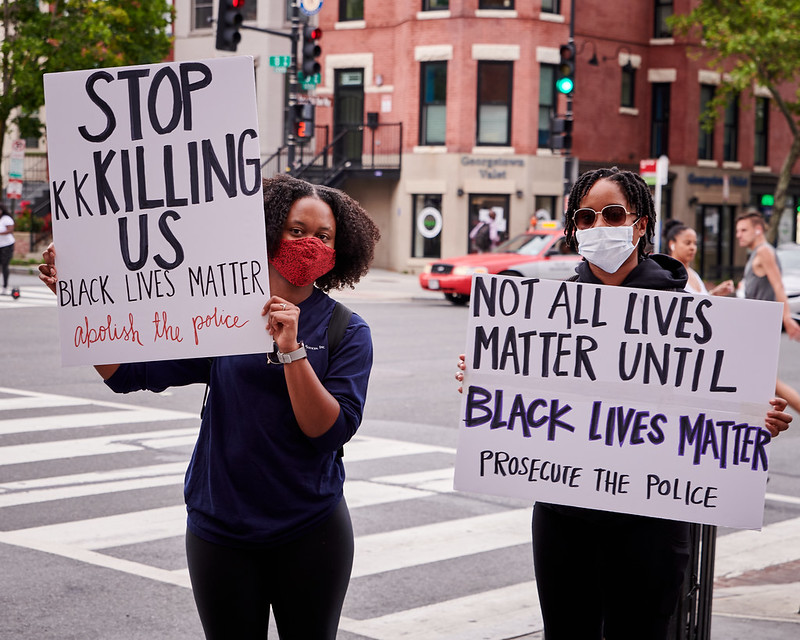Who’s The Victim: The Tragedy of Latesha Clay

Content warning: This piece contains general discussion of child sexual abuse.
Reading about the plight of Latesha Clay, the child in Grand Rapids, MI sentenced to nine years in prison after being used as live bait in a robbery scheme, the thing that struck me was the use of the word “victim.” Of course, referring to Latesha Clay as a victim of human trafficking and the rampant racism of the criminal justice system makes sense. However, in this case, the 15-year-old mother is being painted as a villain. Every time I’ve seen the word “victim” used in relation to Latesha Clay, it’s been used to describe the men who responded to her Backpage ad, which featured the words “teen sex.”
To give you a quick rundown, in case you haven’t been exposed to this case in the media (and how could you have been? Almost all the coverage on it features the same news story that ran last October on a local crime blotter), Latesha Clay was used by two older teenagers, Trayvin Donnell Lewis, 18, and Monee Duepre Atkinson, 17, to lure men to their motel room. Both Lewis and Atkinson await criminal convictions, and like Clay, have both been charged as adults, though legally only Lewis is no longer a minor. Charging Black children as adults for crimes less severe than their white juvenile counterparts have committed is nothing new, but it is especially disheartening in the case of Clay, who, at 15, is a long ways off from adulthood.
Mlive, the website that initially ran her story, asserts that a man came to a hotel room expecting to have sex with a teenager. Upon arrival, he was greeted by Clay, who took the agreed upon payment and stepped aside. Lewis allegedly then came forward brandishing what investigators later said was an Airsoft pistol with the orange tip removed—not even a real firearm. He ordered him to the ground and requested the man’s money and cellphone. The older teens then allegedly forced the “victim” to drive to an ATM and withdraw a mere $300 before taking them back to the hotel. The teens also allegedly cleared the history from the victim’s cell phone.
After the man—unharmed except for his pride—called the police, a search of the hotel room turned up the three suspects as well as $650 in cash and the doctored Airsoft gun. Lewis is being charged with possession of a firearm during the commission of a felony, even though an Airsoft gun was the only firearm found on premises. All three teenagers were hauled in and interrogated.
Something that stands out starkly in this case is the police department’s total exoneration of the men who were soliciting sex from a teenager over the internet in the first place. Kent County Undersheriff Michelle LaJoye-Young has gone on record assuring “robbery victims” that the department is not focused on investigating them for solicitation of prostitution in this case, urging them to come forward.



